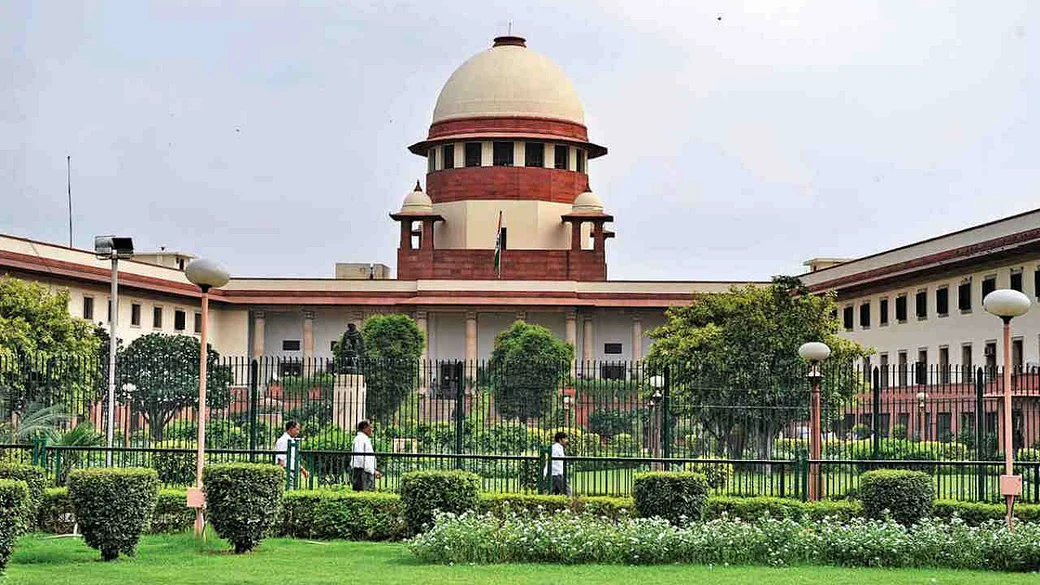Chaini Parwani –
Published On: November 16, 2021 at 19:00 IST
The Supreme Court orally noted that when a statute states that the Hearing has to be before a Magistrate, the Supreme Court in the exercise of its Jurisdiction under Article 142 cannot further claim that notwithstanding the statute, the Jurisdiction will be adjudicated by Sessions Court.
A Bench comprising Chief Justice of India NV Ramana, Justice DY Chandrachud and Justice Surya Kant observed while hearing Petitions filed claiming Orders for directing the setting up of a Special Magistrate Court in Rampur, Uttar Pradesh for Hearing the issues relating to MPs and MLAs.
Amicus Curiae in the issue, Senior Advocate Vijay Hansaria, had submitted that if under a Statute, Special Courts can be authorized at Sessions Level as first Court with Right to Appeal before High Court, such as the Special Courts under Protection of Children from Sexual Offences (POCSO) Act and Prevention of Corruption Act, the Supreme court under Article 142 can also do the same thing.
Justice Chandrachud highlighted 2 distinct issues involved in the present matter: one being Supreme Court’s Jurisdiction to designate Special Courts and second the nature of Jurisdiction that Special Judge would adjudicate.
Justice Chandrachud stated “Constitution of special court per se there’s no difficulty at all. That’s open to this court under 142. That’s what coal block allocation cases say.”
Section 377 of Criminal Procedure Code (CrPC) provides for an Appeal to Sessions Judge against an Order passed by Magistrate and to the High Court against the order passed by Sessions Court, Justice Chandrachud further noted.
Senior Advocate Kapil Sibal representing the Petitioners highlighted that the Supreme Court’s Order itself has noted that there must be a special Magistrate’s court in every Jurisdiction and Sessions Court in every Jurisdiction as under Code of Criminal Procedure you can’t depose a person of his Right to Appeal.
Responding to Mr Sibal’s claim that their Right of Appeal is lost, Mr Hansaria stated that there are Special Courts under the Protection of Children from Sexual Offences Act (POCSO) and Scheduled Caste and Scheduled Tribe (Prevention of Atrocities) (SC-ST) Act at Sessions level.
The Applications were filed by Samajwadi Party leader and MP Azam Khan, MLA Tazeen Fatima and their son Abdullah Khan pleading directions in the case ‘Ashwini Upadhyay versus Union of India’, in which the Supreme Court has been passing Orders to promote the Hearing of cases against sitting and Former Legislators by establishing Special Courts.
Solicitor General of India Tushar Mehta highlighted that the Madras High Court’s committee has indicated suspicion over the validity of Special Courts for MP/MLAs.
Also Read: Use and Misuse of Schedule Caste and Schedule Tribes Act
Supreme Court: Provisions enacted to protect Rights of SC/ST must be enforced conscientiously

